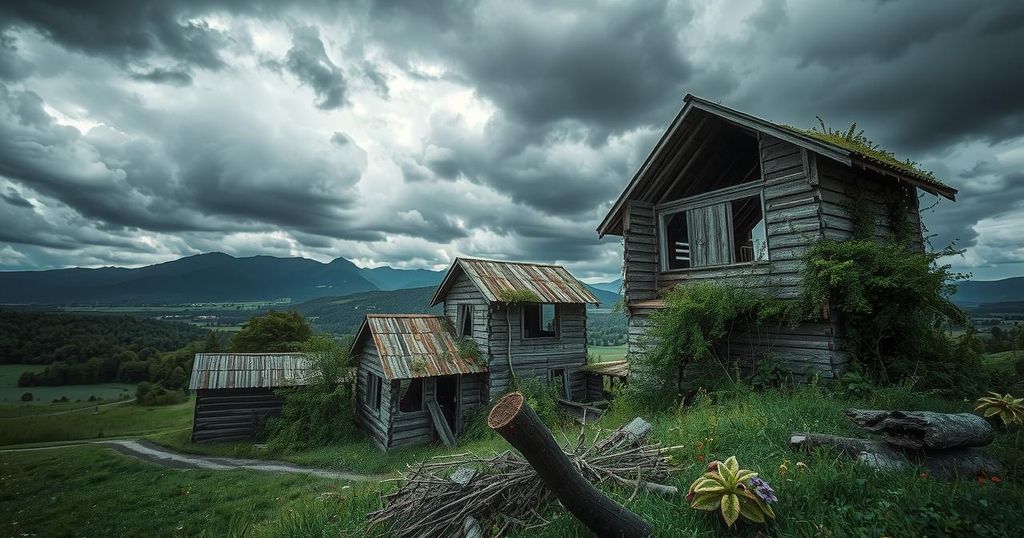Ongoing fighting in Eastern DRC between the M23 rebel group and government forces has raised international alarm. The conflict has resulted in over 300 injuries and massive displacement, with humanitarian conditions worsening in Goma. Casualties among peacekeepers have been reported, increasing urgency for international intervention. Calls for an immediate end to hostilities and support for affected civilians are intensifying.
Recent clashes persist in Eastern Democratic Republic of Congo (DRC) between the March 23 Movement (M23) and the Congolese army, amid global apprehension regarding escalating violence. Fighting has erupted in Masisi territory near Goma, a crucial city in North Kivu province, which hosts around two million residents and numerous international organizations.
The M23 is poised to advance towards Goma following intense confrontations with the military and local allied groups, known as ‘wazalendo’ (translating to “patriots”). The United Nations Organization Stabilization Mission in the DRC (Monusco) and the Southern African Development Community (SADC) peacekeeping force are mobilizing to support Congolese troops in counteracting the rebel threat.
On January 21, the M23, backed by Rwandan forces, seized Minova, a town situated 40 kilometers from Goma, disrupting supply lines to the city. Clémentine de Montjoye, a senior researcher at Human Rights Watch, stated, “The horrific abuses by the M23, Wazalendo, and the Rwandan and Congolese armies should serve as a stark warning to concerned governments.”
This week, fighting has reportedly resulted in over 300 injuries, exacerbating an already dire humanitarian crisis in Goma, where drinking water scarcity and power outages are prevalent. The UN Refugee Agency (UNHCR) estimates that approximately 400,000 individuals have been displaced in the past three weeks, with the total number of displaced persons in the region exceeding four million.
In terms of military casualties, nine South African soldiers lost their lives in recent clashes, with additional fatalities reported among Malawian and Uruguayan troops involved in peacekeeping missions. Monusco announced the temporary relocation of non-essential staff for safety as violence escalates.
The situation has attracted intense international concern, prompting the African Union Commission to urge an immediate halt to hostilities and support for affected populations. The European Union condemned the M23’s resurgence, labeling it a violation of the 2024 cease-fire and worsening conditions for civilians. Although Rwandan authorities deny collaborations with the M23, the situation lacks clarity with UN reports confirming alliances.
The M23 resumed hostilities in November 2021, subsequently advancing on Goma, a city it previously occupied in 2012. Since 1998, Eastern DRC has been embroiled in conflict among various factions despite the ongoing presence of UN peacekeepers.
The eastern DRC has long been a focal point of conflict, characterized by violence between government forces, rebel militias, and foreign influences, particularly from Rwanda. The region is rich in natural resources and has been severely affected by humanitarian crises resulting from ongoing military confrontations. The revival of the M23 signifies a return to intense military engagement, threatening stability and civilian safety while necessitating urgent international intervention and humanitarian relief efforts.
The situation in the eastern DRC is critical, with ongoing clashes between the M23 and government forces leading to significant civilian casualties and displacement. The international community is escalating efforts to address the humanitarian impact and intervene against continued violence. Comprehensive diplomatic measures and humanitarian assistance are vital to prevent further deterioration of conditions in the affected regions, particularly around Goma, a city already burdened by crisis.
Original Source: efe.com






